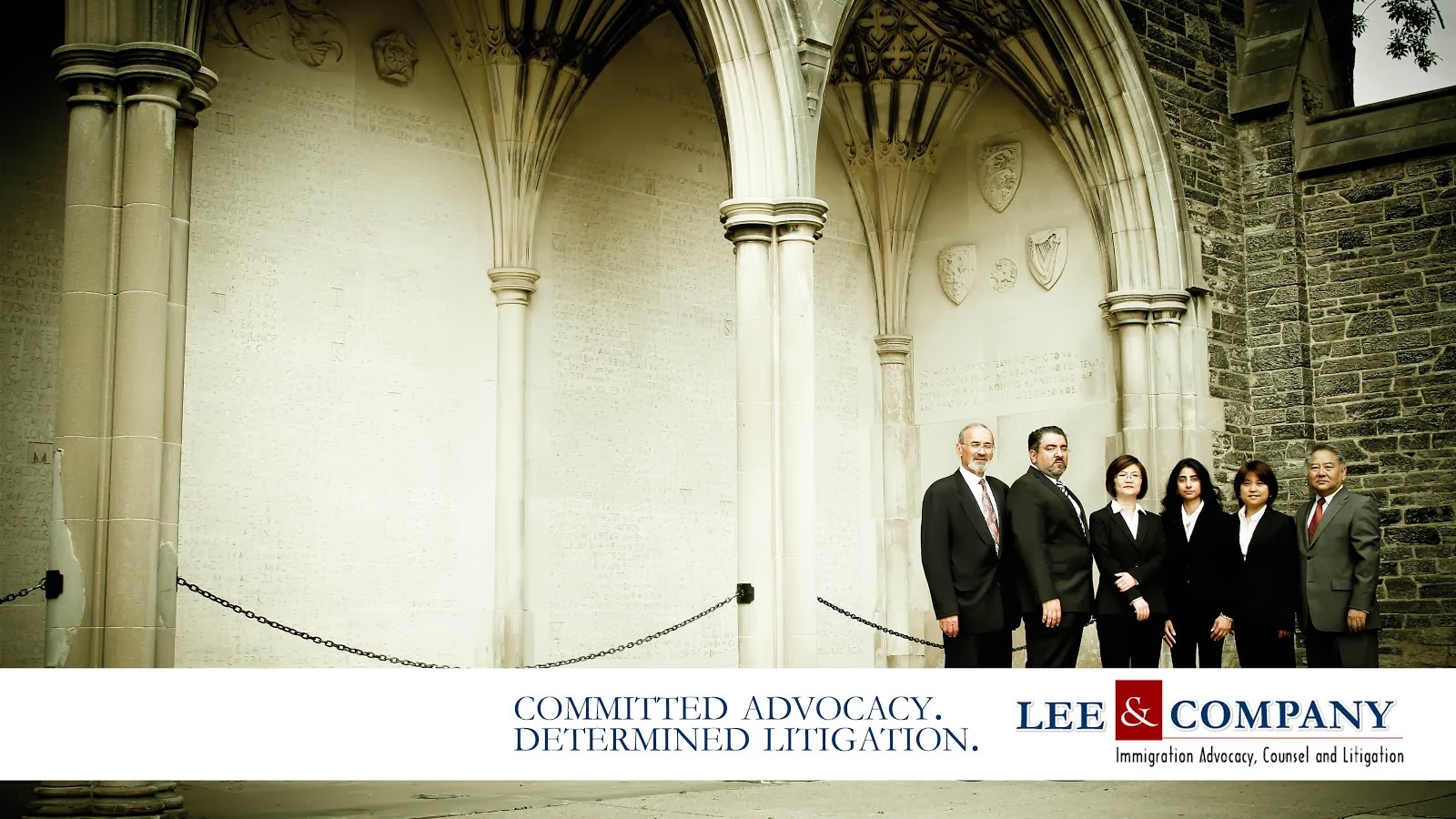Huang v. Canada (MPSEP), 2018 FC 446, Country:
China, Barnes J. (April 25, 2018)
Our client was
scheduled to be deported. His wife was a Canadian permanent resident and together,
they were parents of a six year old boy.
We made a request for a deferral of his removal – based primarily on the
principle of family unity and the prejudice to his young child arising from a possible
lengthy separation. We asked the enforcement officer to allow him to stay until
the finalization of his outstanding spousal sponsorship, but our request was
denied.
We helped our client to seek the
intervention of the Federal Court to stay his deportation. The court was satisfied we had met the legal
test for a stay of removal and the deportation was stopped in the interim while
the case proceeded to judicial review. On judicial review, the Honourable
Justice Barnes was not satisfied that the officer’s analysis adequately
addressed the evidence bearing on the child’s best interests in this case. It is significant that the court stated that
the suggestion in the officer’s decision that the “the best interests of the
child threshold could only be met with satisfactory evidence showing
‘irreparable and permanent separation’ vastly overstates the burden” (at para.
8). The relevant paras read:
[7] I am not satisfied that the above analysis
adequately addressed the evidence bearing on the child’s best interests in this
case. The
likely lengthy separation of Mr. Huang from his child of tender years
cannot be reasonably described on this record as routine or unexceptional. I accept that a
stronger argument could have been made about the financial and care-giving
hardships faced by this family in the event of Mr. Huang’s removal. However, there was
evidence that the family was surviving on Ms. Lin’s modest income and
repaying a relatively significant mortgage. Mr. Huang was also looking after the child
care responsibilities while Ms. Lin worked.
[8] The suggestion in the Officer’s decision that the best
interests of the child threshold could only be met with satisfactory evidence
showing
“irreparable and permanent separation”vastly overstates the burden. There is no doubt that this separation would be prolonged and, therefore, hurtful to the child’s formative needs. The lengthy separation of a parent from a child of tender years requires a far more nuanced assessment than this one.
The Federal Court also noted that it is one thing for a deferral
officer to limit the scope of a best interests analysis where the child’s
interests have already been fully considered in an earlier review and in situations
where this has not occurred. Paragraph 9
reads:
[9] It is one thing for a deferral officer to limit
the scope of a best interests analysis in circumstances where the child’s
interests have already been fully considered in an earlier review. It is quite
another to conduct such a review where those interests have never been
addressed before the proposed removal of a parent. In this latter situation, the review must be
reasonably robust. Central
to the exercise of that discretion must be a careful assessment of the length
of the likely separation and the financial and emotional hardships that are
expected to prevail over time.
In my view, the analysis done here was perfunctory and
inadequate and, therefore, unreasonable.
The officer’s decision under
review was set aside and sent back for re-determination.
To read the full case: https://www.canlii.org/en/ca/fct/doc/2018/2018fc446/2018fc446.html
